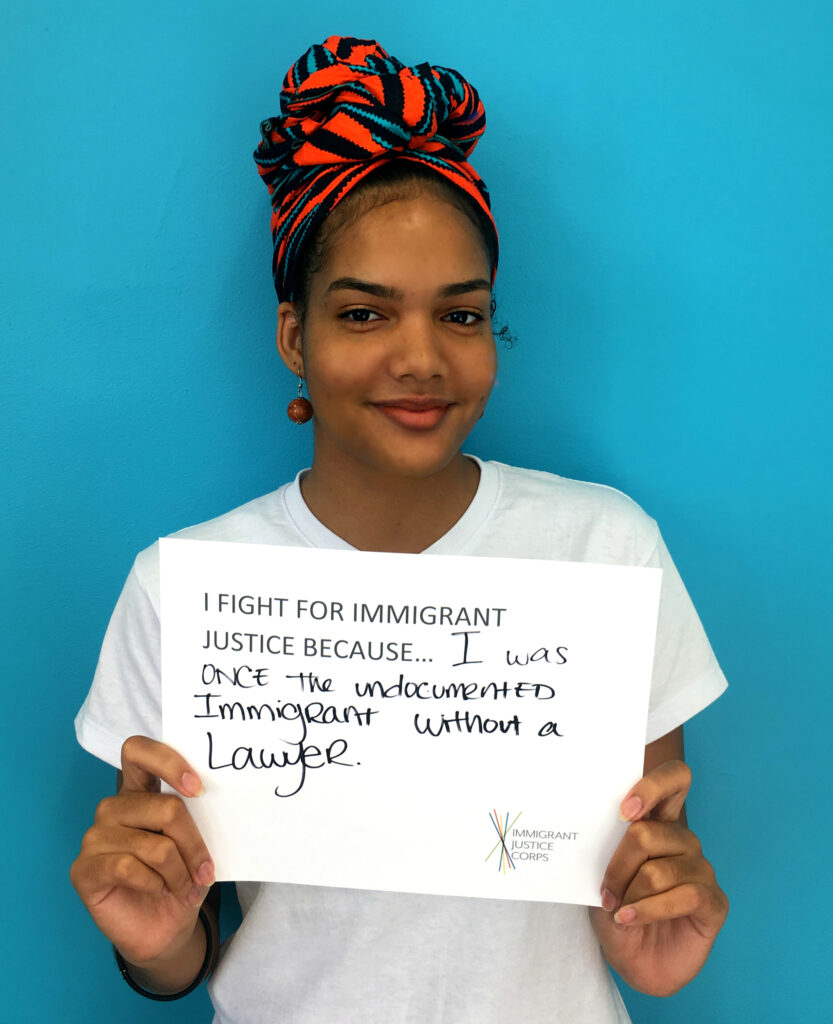Where are they now?: Matthew Boaz
Matthew Boaz, a 2015 Justice Fellow with the American Friends Service Committee, shares what drew him to the fellowship and what he took away from the experience.
After his fellowship, Matthew stayed at American Friends Service Committee where he became a Senior Detention Attorney before moving into academia in 2019. Matthew joined Washington and Lee University’s Immigrant Rights Clinic as Visiting Assistant Director, became Visiting Director of the Clinic in 2021, and Acting Director in 2023. In the fall, he will join the University of Kentucky School of Law where he will be teaching immigration law.
Why did you become interested in immigration law?
I did Teach For America before going to law school – I taught middle school Spanish. The school that I was working at had a large immigrant population. In speaking with my students and helping facilitate communication between the school administration and parents who only spoke Spanish, I felt like I got more access to and connected with the Spanish-speaking immigrant population at the school. The parents had a lot of questions about how much information they should divulge, if it was okay for them to come to the school, and what happened if there was a medical emergency – things that I frankly didn’t have the answer to. So that was one reason I became interested in immigration. And then the other was that I had a student who was an activist, and she and her older sister encouraged me to participate in some advocacy around the DREAM Act. I was supposed to be the adult, but it was my student who was sharing with me what could be accomplished. I was pretty unfamiliar with immigration laws, and that was honestly sort of the inflection point for me, learning more about that, and eventually what became DACA. It was an interesting time to be thinking about those, because there was a lot of interesting development and advocacy during the Obama administration, even though it didn’t turn into legislation.
Did you have any big takeaways during your time as a Fellow?
I don’t want to overstate it, but the fellowship was the foundational thing for me. Even if I had got a job fresh out of law school, I think it would have been really challenging to be a singular person experiencing everything. So I think the fact that you have all this support makes it, even though it is overwhelming, a little less scary and a little bit more supportive.
Also, one of the reasons that I ended up transitioning into academia was wanting to think about the bigger picture issues, and during the fellowship we met once a month and were able to have some of those conversations with speakers that were brought in.
In the moment, when you’re representing clients, you feel sort of down deep, deep in the weeds, and you’re just trying to get through and figure out what you can do for that individual person. But I felt like in having those larger gatherings and talking a little bit more systemically about what was going on, it made it seem like you were part of a bigger thing, and I think that was a little bit more energizing.
How did your fellowship inform the work you’re doing today?
I don’t know how different my experience was from other people, but I felt like the entire experience was eye opening for me because I worked in a place where we were representing people exclusively in detention. That has sort of defined my work since. It’s defined what I write about in my scholarship. It’s all focused on the violence of the immigration enforcement system and more specifically on immigration detention and how that has manifested and what it does to people and their families and communities. So I think that was one defining part that has stuck with me, thinking about how the system acts. It’s categorized in this very civil way, but it operates in a very violent way.
Matthew would like to shout out 2022 Justice Fellow Alexandra Castro, who was part of Washington and Lee University’s Immigrant Rights Clinic.
“I’m just extremely proud of the work that she’s doing,” Matthew said.
